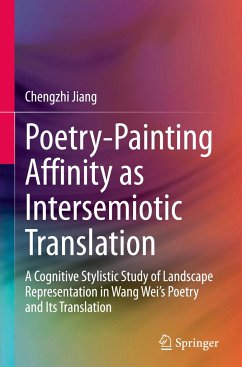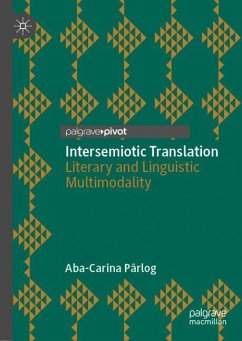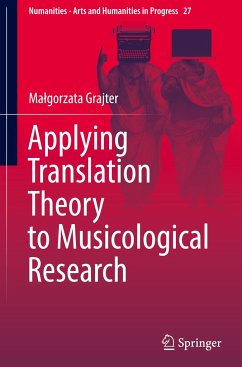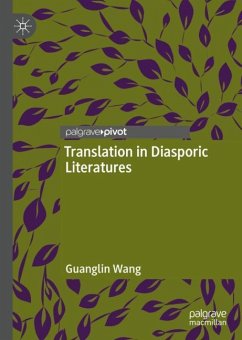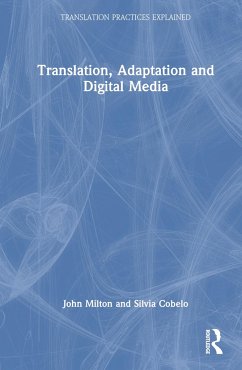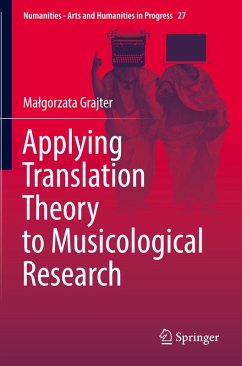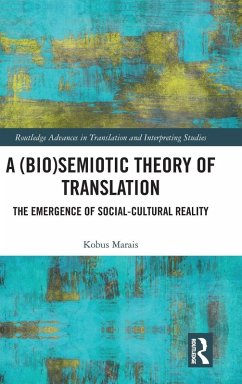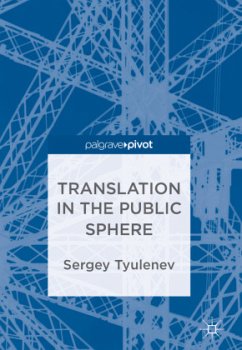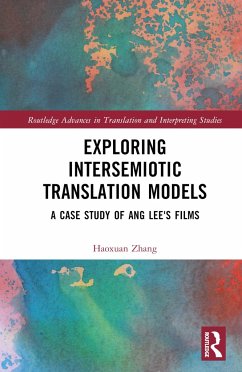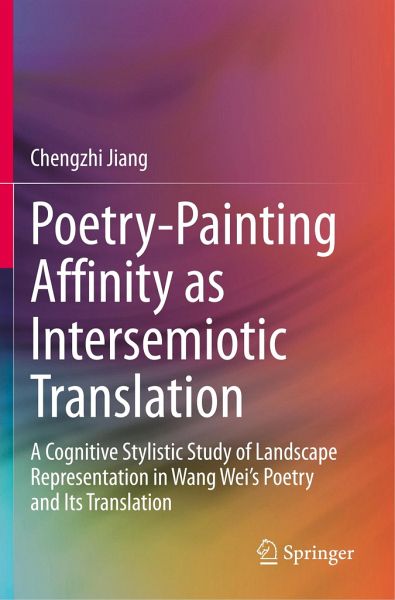
Poetry-Painting Affinity as Intersemiotic Translation
A Cognitive Stylistic Study of Landscape Representation in Wang Wei's Poetry and its Translation
Versandkostenfrei!
Versandfertig in 6-10 Tagen
43,99 €
inkl. MwSt.
Weitere Ausgaben:

PAYBACK Punkte
22 °P sammeln!
This book interprets the close intimacy between poetry and painting from the perspective of intersemiotic translation, by providing a systematic examination of the bilingual and visual representation of landscape in the poetry of Wang Wei, a high Tang poet who won worldwide reputation. The author's subtle analysis ranges from epistemological issues of language philosophy and poetry translation to the very depths where the later Heidegger and Tao-oriented Chinese wisdom can co-work to reveal their ontological inter-rootedness through a two-level cognitive-stylisitc research methodology.



